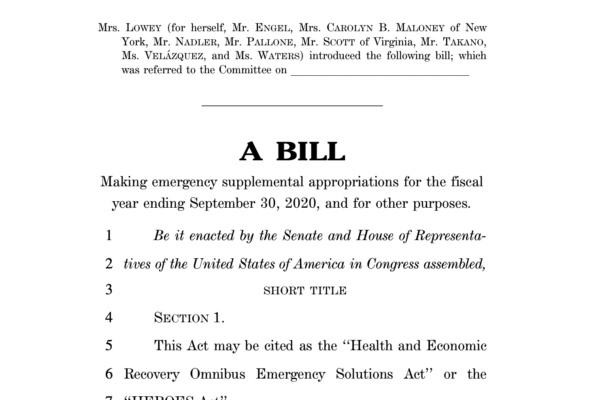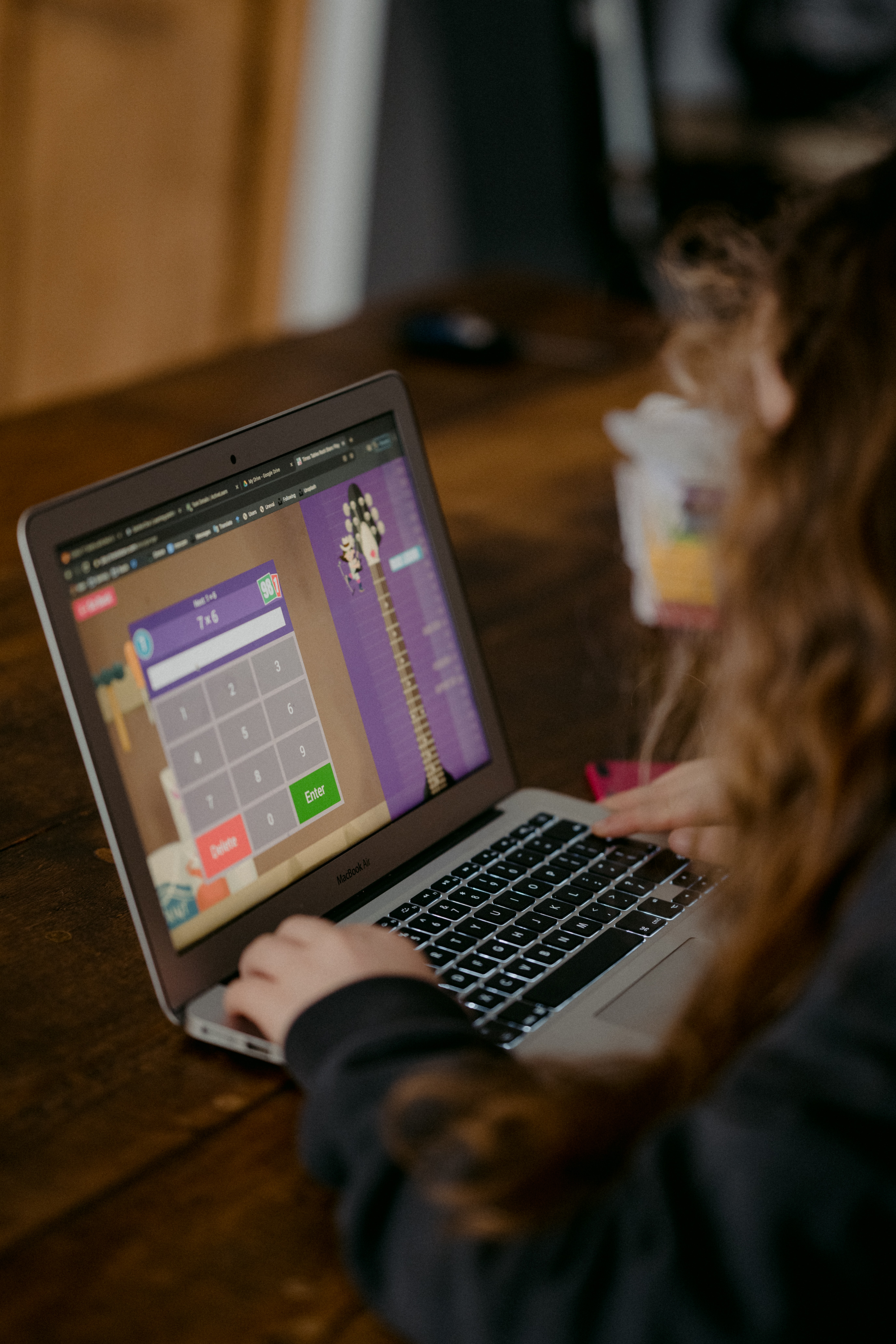In this guest post, Claire Nilsen Blumenson, Executive Director & Co-Founder of the School Justice Project, shares how her organization is fighting for court-involved students with disabilities to receive educational support.
America’s hopes for a speedy recovery from the COVID-19 pandemic have not materialized. After several months of sheltering in place, tragic death tolls and widespread sickness, most of us remain cloistered in our homes. As Memorial Day approaches with no vaccine or pharmaceutical solutions in sight, prudence requires that we take a fresh look at the circumstances and reconsider our plans for education into the summer and beyond.
If you’re a parent whose world has been turned upside down by COVID-19, you’re certainly not alone. In the span of days as the virus spread, America’s parents took on a new role—co-teachers. And as students around the world have transitioned to remote learning, parents of students with disabilities are facing particular challenges. While everyone’s situation is different, we’ve compiled a few tips to consider as you move forward.
The Center applauds the drafters of the HEROES Act for prioritizing education funding in this latest relief package and for ensuring that states receiving relief funds guarantee that the rights of students with disabilities remain intact.
It’s National Charter Schools Week — and in the midst of a particularly challenging period in American public education, the innovative, nimble approach epitomized by charters is more valuable than ever.
States need additional education funding now—and the Center applauds a new federal funding request from a group of Democratic senators led by Senator Maggie Hassan of New Hampshire that would specifically provide additional funding for the provision special education during and after the COVID-19 pandemic.
This week, the Center became aware that some New Jersey school districts were asking parents to sign away the rights of their children in order to access special education services during COVID-19 closures—an outrageous and illegal practice. We applaud the New Jersey Department of Education (NJDOE) for moving swiftly to block this violation of students’ civil rights.
The Center applauds Secretary DeVos for recommending a very narrow set of waiver requests that do not infringe upon the key civil rights protections and rights to an education for students with disabilities contained in the IDEA. With so many schools and districts across the country embracing the challenge of educating all students, including those with disabilities, in these turbulent times, we believe her decision is the right one for students, schools, and communities.
On April 3, 2020, the Center submitted a letter to Congress urging against issuing any waivers under the Individuals with Disabilities Act (IDEA) or Section 504 of the Rehabilitation Act of 1973 (Rehab Act) through the Coronavirus Aid, Relief, and Economic Security (CARES) Act and requesting that Congress consider additional support for schools.
As COVID-19 leads more and more states to close their schools for the rest of the year, we’re reaching out to families and teachers of students with disabilities across the country to learn how remote education is working. Are you a family member or a teacher in this situation? Fill out our survey to share your story.









